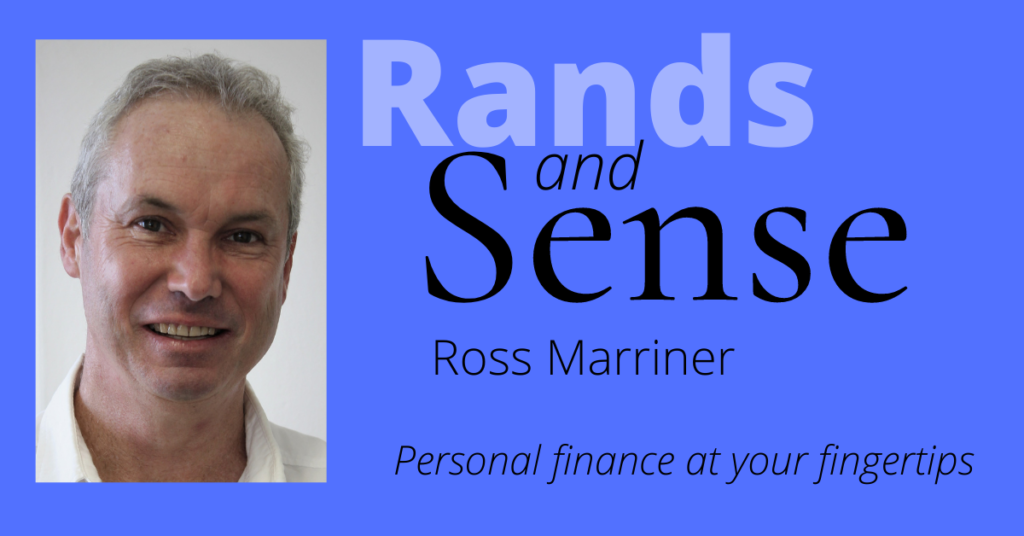By ROSS MARRINER
The Russian invasion of Ukraine and concerns about global inflation have sparked a decline in the value of stock markets across the globe. How investors deal with this type of setback could result in a successful investment outcome or a permanent erosion of capital.
Wouldn’t it be wonderful if the value of our investment portfolio only went up and up? Unfortunately, this does not happen in real life, as investing in growth assets means having to experience negative returns from time to time.
Market setbacks occur far more often than is commonly believed. On average, equity markets experience a setback of 10% or more every eighteen months and a knock of 20% or more at least once every five years.
Stock markets have been subjected to a bumpy but generally upward trajectory throughout history, interspersed with sometimes dramatic setbacks. The most recent significant setbacks were the savings and loan crisis in 1987 (Black Monday), the emerging market crisis in 1997, the bursting of the dot-com bubble in 2001, the sub-prime crisis in 2008 (Great Recession) and the Covid-19 crash in 2020.
Setbacks occur fairly regularly, and no two are the same. All previous setbacks had one thing in common, the market eventually recovered. No matter how devastating the losses were or how long it took, the market recovered then strengthened to a level higher than before the setback.
How you react to a setback is key to avoiding permanently eroding your wealth. A setback results in a temporary reduction of your capital, but this is a reduction on paper. The only way to convert a loss on paper into an actual loss is to sell your investments once the prices have dropped to switch into so-called safer assets. By so doing, you lock in any losses you have made and lose out on the opportunity to participate in the ultimate recovery, which historically follows every market setback.
Despite the setbacks we have experienced in the past, shares or equities have still been the best performing asset class over the long term. It is a futile exercise to try to time the market. Not even the most successful investors have been able to consistently buy at the bottom and sell at the top.
Investing is inherently risky, but what makes for the successful creation of wealth is having a sound, long-term financial plan that considers the fact that there will be turbulent times along the way. If you stick to your plan, you should be able to weather the temporary downturns associated with market setbacks and benefit from their eventual recovery.
Market setbacks sparked by events such as the war in Ukraine should generally be seen as a natural part of investing over the long term. Over extended periods of investing, the world will experience new crises and events that induce fear and anxiety as volatility increases. An experienced Certified Financial Planner will assist you in making sensible financial decisions during these turbulent times.
Rands and Sense is a monthly column, written by Ross Marriner, a CERTIFIED FINANCIAL PLANNER® with PSG Wealth. His Financial Planning Office number is 046 622 2891


